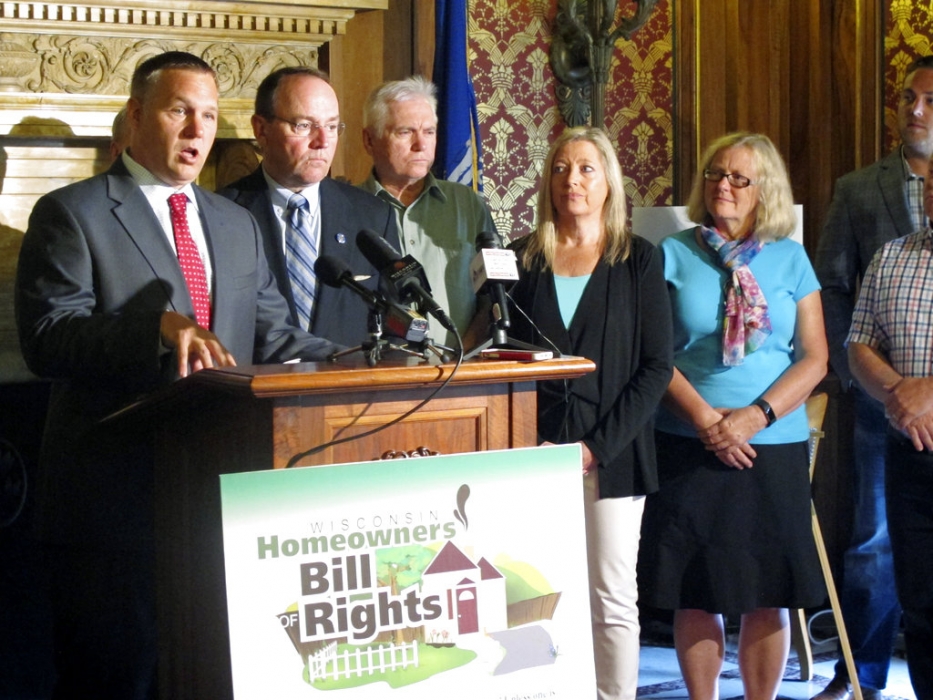In Jarchow v. State Bar of Wisconsin (2020), the U.S. Supreme Court declined to hear a challenge brought by Adam Jarchow and other Wisconsin lawyers to a requirement in Wisconsin that attorneys pay dues to support programs run by the Wisconsin Bar Association.
Wisconsin, like many other states, has what is called an integrated bars. In integrated bars, attorneys pay compulsory fees as a condition of practicing law in the state. Jarchow and others filed a lawsuit, contending that a portion of their compulsory dues was supporting advocacy efforts for positions that they did not support. In other words, Jarchow and the other plaintiffs contended that they were being unconstitutionally compelled to support speech with which they did not agree.
However, a federal district court rejected the constitutional challenge and upheld the compulsory fees based on the Supreme Court’s decision in Keller v. State Bar of California (1990), which had rejected a similar challenge in California. The 7th U.S. Circuit Court of Appeals summarily affirmed.
Jarchow then filed a petition for writ of certiorari to the U.S. Supreme Court, contending that Keller and the Court’s earlier compelled speech case involving mandatory union dues, Abood v. Detroit Board of Education (1977), were no longer good law in light of Janus v. State, County, and Municipal Employees (2018).
In Janus, the Supreme Court overruled Abood, finding that states and public-sector unions could no longer obtain agency fees or compulsory dues from non-union members.
While the majority of the Court declined to hear the appeal from Jarchow, Justices Clarence Thomas and Neil Gorsuch voted to hear the appeal with Thomas writing an opinion dissenting from the denial of certiorari.
“Our decision to overrule Abood casts significant doubt on Keller,” Thomas wrote. “The opinion in Keller rests almost entirely on the framework of Abood. Now that Abood is no longer good law, there is effectively nothing left supporting our decision in Keller.”
David L. Hudson, Jr. is a First Amendment Fellow at the Freedom Forum Institute and a law professor at Belmont who publishes widely on First Amendment topics. He is the author of a 12-lecture audio course on the First Amendment entitled Freedom of Speech: Understanding the First Amendment (Now You Know Media, 2018). He also is the author of many First Amendment books, including The First Amendment: Freedom of Speech (Thomson Reuters, 2012) and Freedom of Speech: Documents Decoded (ABC-CLIO, 2017). This article was published on June 2, 2020.

